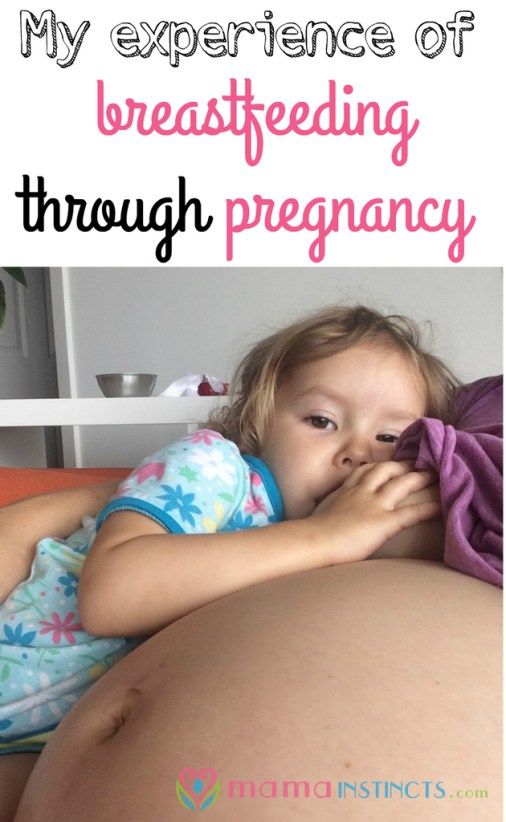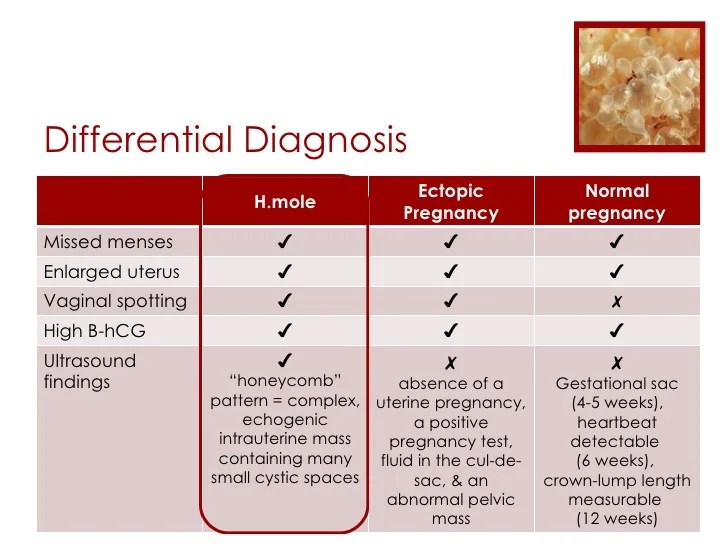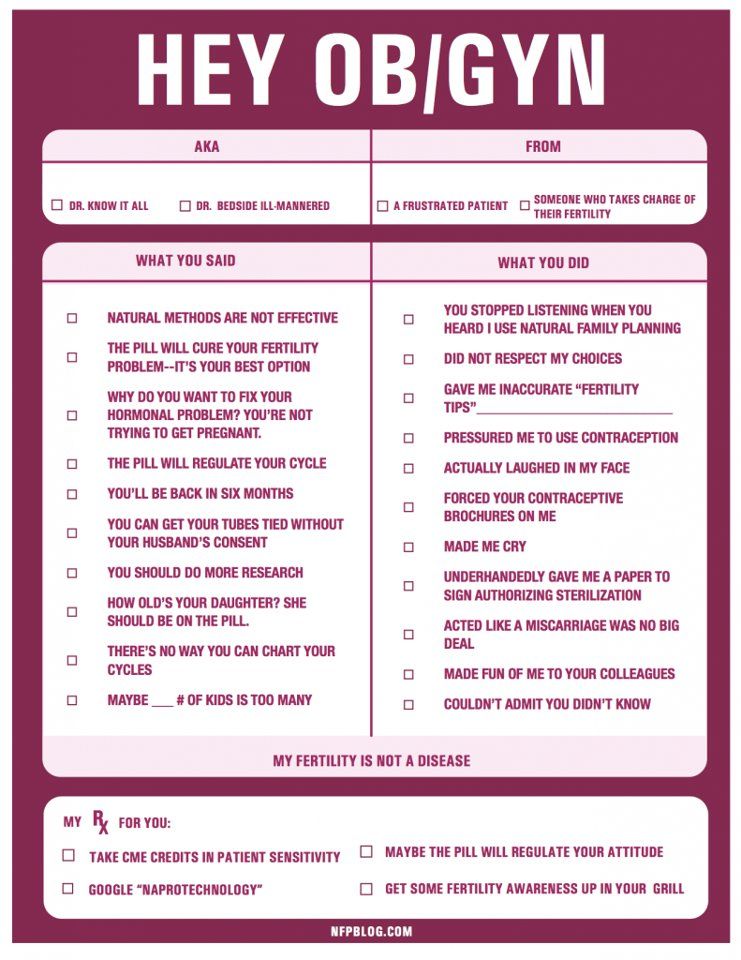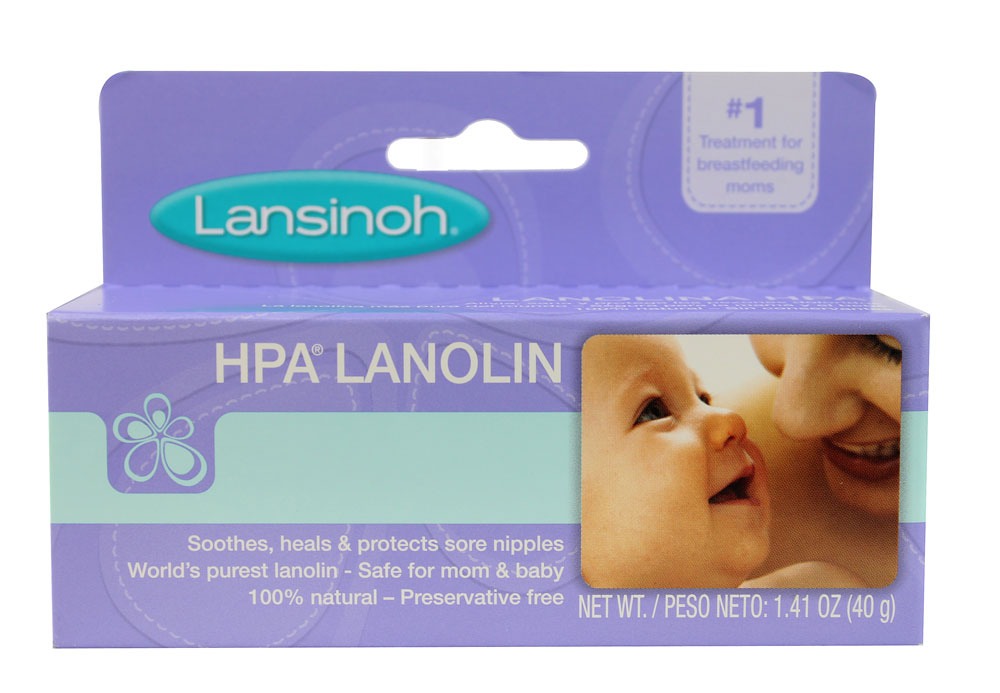Pregnant and nursing
Breastfeeding while pregnant | Pregnancy Birth and Baby
beginning of content5-minute read
Listen
You can carry on breastfeeding while you’re pregnant with your next child, without causing any harm to your toddler or your unborn baby. Here’s what you need to know if you decide to breastfeed while pregnant.
Is it safe to breastfeed while pregnant?
You might choose to breastfeed through your next pregnancy for several reasons. For example, you might unexpectedly fall pregnant while your first baby is still young (it is possible to fall pregnant while breastfeeding, even if your periods haven’t come back). Or you might not be ready to wean your toddler yet (weaning usually happens any time between birth and age 3).
Whatever the reason, it is usually perfectly safe to breastfeed while pregnant. Your body will carry on producing enough milk to nourish your older child, while your unborn baby will get all the nutrients they need from your body.
Breastfeeding does trigger mild contractions. These are safe in uncomplicated pregnancies, but if you are at risk of preterm labour — for example, if you are expecting twins or more, or if you have had a miscarriage or preterm birth in the past — then seek advice from your doctor or midwife.
Looking after your first child
Your breastmilk will still provide your first child with the nutrients they need. However, you are likely to produce less milk as your pregnancy progresses. Also, the content of your milk will change as you start to produce colostrum, and it might taste different. These changes might lead your older child to wean themselves at some point during your pregnancy. This often happens around the 5-month mark.
Colostrum is a natural laxative, so your older child’s poo might be more liquid than normal.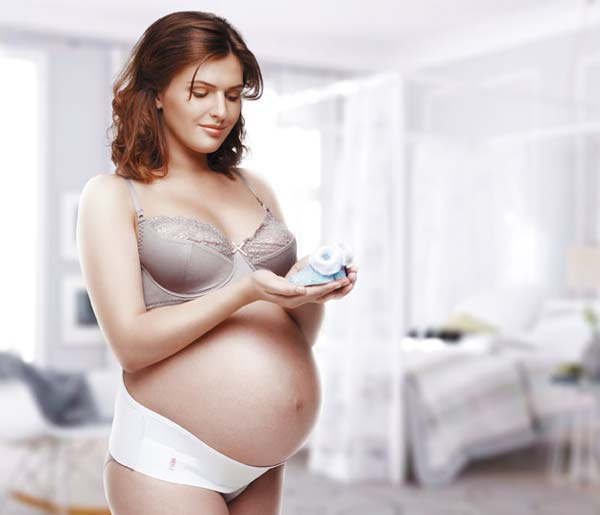 This is nothing to worry about.
This is nothing to worry about.
If your older child is less than 1 year of age when you fall pregnant, keep a close watch to make sure they’re putting on enough weight after your milk changes. You may need to introduce extra feeds if they are still relying on breastmilk for their nutrition. Talk to your maternal child health nurse for advice.
How to look after yourself
Breastfeeding while pregnant can make your breasts sore and your nipples tender. You might find you are even more tired or experience worse morning sickness than you normally would during pregnancy.
These side effects are due to your pregnancy hormones. They may clear up after the first trimester, but for some women they last the entire pregnancy. It can help if you make sure your older child is attached well, or change your position while breastfeeding.
You can look after yourself by eating well, making sure you are well hydrated, and getting plenty of rest. You don’t need to take lots of vitamin or mineral supplements — your body will adjust to making breastmilk and nourishing your unborn baby at the same time.
After the baby is born
You can keep feeding your older child after the baby is born. This is called tandem feeding. Your newborn will still get all the colostrum they need. You don’t have to limit your older child to one side.
There are different ways of tandem feeding. You could feed both children at the same time (you might need some cushions to prop you up or you might find it easier lying down). Or you could feed the newborn first and then your older child.
You might find your older child wants to feed all the time because you have a lot of milk. If you like, you can limit their feeds. You might also find that your newborn has trouble coping with your let down reflex because you are producing so much milk. You could try feeding your older child first then attaching the newborn to the other breast after the milk has started to flow.
How to wean your older child
If you decide to wean your older child, it’s a good idea to do this while you’re still pregnant so they don’t have to cope with so many adjustments after the baby is born.
If you would like to encourage your older child to wean while you are pregnant, you could try weaning them slowly by delaying feeds or encouraging shorter feeds. If your child is old enough, explain to them that your breasts feel sore.
For more tips, see weaning.
Speak to a maternal child health nurse
Call Pregnancy, Birth and Baby to speak to a maternal child health nurse on 1800 882 436 or video call. Available 7am to midnight (AET), 7 days a week.
Sources:
American Pregnancy Association (Breastfeeding while pregnant), Australian Breastfeeding Association (Breastfeeding through pregnancy and beyond)Learn more here about the development and quality assurance of healthdirect content.
Last reviewed: September 2021
Back To Top
Related pages
- Weaning
- Breastfeeding your baby
This information is for your general information and use only and is not intended to be used as medical advice and should not be used to diagnose, treat, cure or prevent any medical condition, nor should it be used for therapeutic purposes.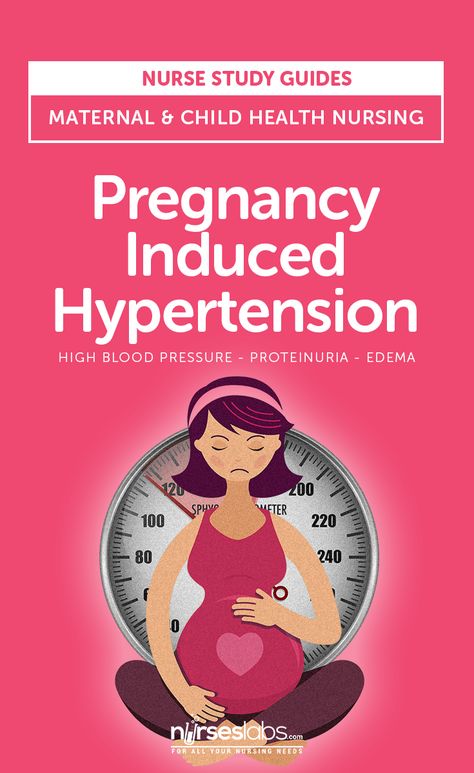
The information is not a substitute for independent professional advice and should not be used as an alternative to professional health care. If you have a particular medical problem, please consult a healthcare professional.
Except as permitted under the Copyright Act 1968, this publication or any part of it may not be reproduced, altered, adapted, stored and/or distributed in any form or by any means without the prior written permission of Healthdirect Australia.
Support this browser is being discontinued for Pregnancy, Birth and Baby
Support for this browser is being discontinued for this site
- Internet Explorer 11 and lower
We currently support Microsoft Edge, Chrome, Firefox and Safari. For more information, please visit the links below:
- Chrome by Google
- Firefox by Mozilla
- Microsoft Edge
- Safari by Apple
You are welcome to continue browsing this site with this browser. Some features, tools or interaction may not work correctly.
Some features, tools or interaction may not work correctly.
5 Important Tips for Breastfeeding While Pregnant
If you’re expecting again or planning another pregnancy and want to continue breastfeeding, you probably have some questions. Here are your answers!
Share this content
As your baby surpasses his or her 9-month milestone and approaches their first birthday, you may already be considering your next pregnancy. Of course, every mom is different! Whatever decision you’ve made – or if you haven’t given much thought to more children yet – is what works best for you and that’s wonderful!
If you’ve recently found out you’re expecting again or if another pregnancy may be right around the corner, you probably have questions about breastfeeding while pregnant. Making sure that doing so is safe for both your little one and your developing fetus is imperative as your pregnancy progresses, particularly because breastfeeding releases hormones like oxytocin, which can cause mild uterine contractions.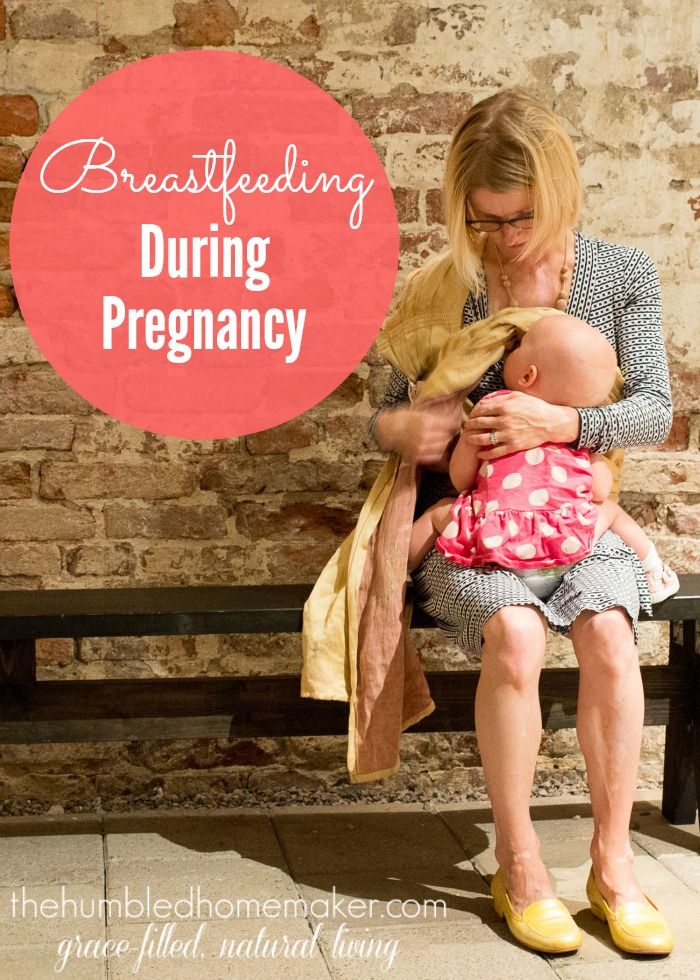 In fact, that’s why our first tip for breastfeeding during pregnancy is so important:
In fact, that’s why our first tip for breastfeeding during pregnancy is so important:
-
Check with your healthcare provider first.
You can never be too cautious, especially when it comes to your babies. Generally, breastfeeding while pregnant is safe. Though trace amounts of pregnancy hormones can be present in your milk, these are not harmful to your breast milk feeding child. Additionally, oxytocin is released in small amounts during a nursing session, so it is not enough to induce preterm labor. The contractions caused by this hormone are very minor and rarely increase the chance of having a miscarriage. However, there are certain circumstances when your doctor may advise weaning your child, such as:
-
If your pregnancy is deemed high risk or you are at risk for miscarriage
-
If you are carrying twins or multiples
-
If you have been experiencing uterine pain or bleeding
-
If you have been advised to avoid sex while pregnant
Talking to your healthcare provider will be a crucial part of determining whether you should continue breastfeeding while pregnant.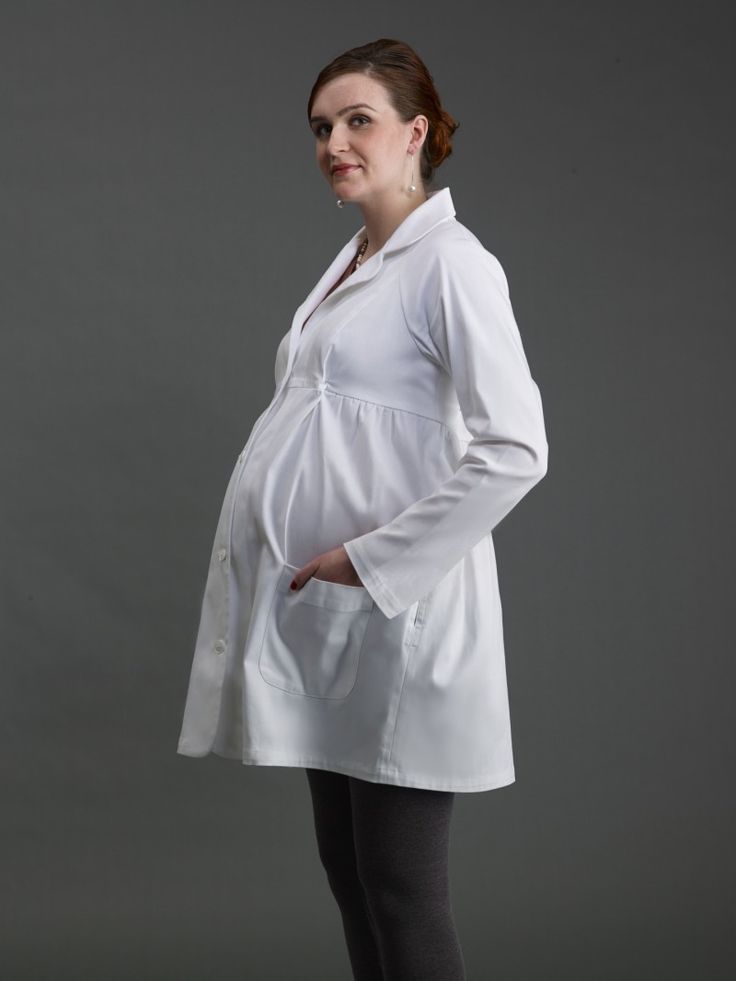 If it is not recommended for your unique situation, that’s okay – you’ve done a great job and now it is important for your body to prepare for your new baby and the next chapter of your breastfeeding journey!
If it is not recommended for your unique situation, that’s okay – you’ve done a great job and now it is important for your body to prepare for your new baby and the next chapter of your breastfeeding journey!
-
Sit or lie down while breastfeeding.
It’s no secret that nursing and/or pumping requires energy, something that can be hard to come by with both a baby and a developing pregnancy. Be sure to sit or lie down in a relaxing spot when breastfeeding or pumping to give yourself extra time to rest as your baby is fed. As your pregnancy continues to progress, you may need to get creative with new pumping or nursing positions that are comfortable for you and your little one.
-
Monitor your milk supply.
Many moms’ milk supplies will start to decrease around months 4 or 5 after birth, so it is important to begin incorporating other nutrition into your baby’s diet. If they are satisfied after breast milk feeding and are meeting their growth and weight markers, then there’s usually no reason to be concerned. The other nutrition your baby is receiving will make up for any temporary or permanent decrease in their breast milk intake. Chatting with your little one’s doctor and/or an experienced lactation consultant can be especially helpful during this time.
If they are satisfied after breast milk feeding and are meeting their growth and weight markers, then there’s usually no reason to be concerned. The other nutrition your baby is receiving will make up for any temporary or permanent decrease in their breast milk intake. Chatting with your little one’s doctor and/or an experienced lactation consultant can be especially helpful during this time.
Once your new baby arrives, it is important for them to get colostrum, or your early milk. With that in mind, you may decide to nurse him or her first and/or temporarily limit your older child’s breast milk feeding during these important first few days after the new baby’s birth
-
Consider your diet.
By now, you know all about how eating well is important for the health of your baby – both during your developing pregnancy and after birth, while breast milk feeding. However, consuming additional calories is also crucial for you, mama! Pregnancy and breastfeeding both require a lot of energy, so it’s important to ensure you’re taking in enough calories to maintain your own overall wellness. A general rule of thumb is:
A general rule of thumb is:
-
500 extra calories needed if your breast milk feeding child is also eating other foods or 650 extra calories needed if he or she is under 6 months old.
-
This is in addition to the 350 extra calories needed if you are in the 2nd trimester of your pregnancy or the 450 extra calories needed if you are in the 3rd trimester of your pregnancy.
Most healthcare providers agree that no additional calories are required if you are in the 1st trimester of your pregnancy, which is often considered a positive for moms who are experiencing morning sickness or nausea.
-
Invest in breast and nipple care.
You probably already know that sore nipples can be a frequent ailment for breastfeeding moms, but this can be especially noticeable if you are expecting and breastfeeding. This is because breast tenderness is a common symptom of pregnancy, so taking time for self-care is important for both mental and physical wellness.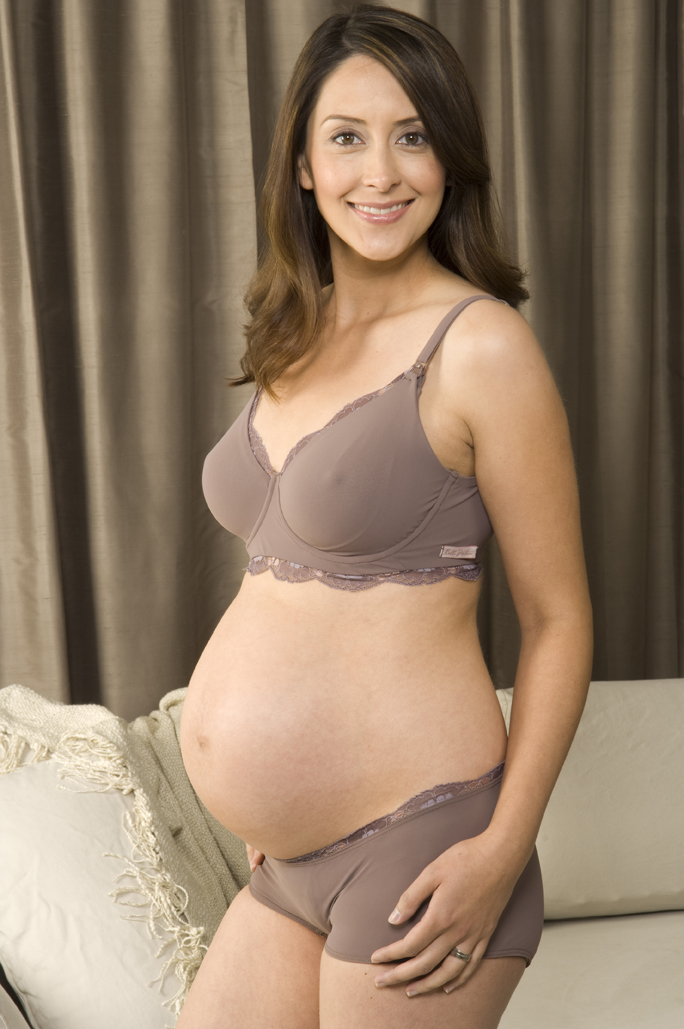 Keeping a supply of products like lanolin and hydrogel pads can provide some much-needed relief, so be sure to stock up!
Keeping a supply of products like lanolin and hydrogel pads can provide some much-needed relief, so be sure to stock up!
In many situations, breastfeeding during pregnancy can be done. Remember, even though you might be tired, irritable, busy, cranky, or otherwise exhausted, your body is providing important care to your babies. You got this, Super Mom, and we’re here for you through every step (and each baby) along the way!
Nutritional support for pregnant and lactating women
Category: Reminders for the population .
To additionally meet the needs of the body of pregnant women in the necessary nutrients, the appointment of special vitamin-mineral complexes and nutrient mixtures is provided. In our country, such vitamin preparations for pregnant women as Materna Pregnavit, Multitabs Perinatal, Sana-Sol, Elevit Pronatal, Complivit Mom, Alfavit Mom's Health are used. nine0003
Need to remember; that the body of a pregnant woman needs not only vitamins, but also other substances, in particular, proteins and polyunsaturated (essential) fatty acids, so the use of vitamin-mineral complexes can only be recommended if the diet is generally good. It should also be emphasized that not only deficiency, but also excessive intake of vitamins can have a harmful effect on the fetus. So, the intake of vitamin A in the body of a pregnant woman should not exceed 8000 IU (2.5 mg) per day, otherwise cases of teratogenic effects on the fetus (anencephaly and splitting of the hard palate) are described. Excessively high doses of vitamin C caused premature termination of pregnancy, and hyperdoses of vitamin B12 caused allergic reactions. nine0003
It should also be emphasized that not only deficiency, but also excessive intake of vitamins can have a harmful effect on the fetus. So, the intake of vitamin A in the body of a pregnant woman should not exceed 8000 IU (2.5 mg) per day, otherwise cases of teratogenic effects on the fetus (anencephaly and splitting of the hard palate) are described. Excessively high doses of vitamin C caused premature termination of pregnancy, and hyperdoses of vitamin B12 caused allergic reactions. nine0003
In recent years, for additional nutrition of pregnant and lactating women, fully balanced nutrient mixtures such as Madonna, Mamil Mama, MVmil Mama, Dumil Mama Plus, Annamaria, Amalthea are included in their daily diet. , "Lactamil", "Berlamin Modular", "Nutricomp", "Femilak", "Enfa Mama", etc. They are distinguished by a pleasant taste, good solubility in water, the content of all necessary nutrients, including proteins, polyunsaturated fatty acids, vitamins and trace elements in balanced ratios. nine0003
nine0003
The appointment of such mixtures to pregnant women with signs of nutritional deficiencies, preeclampsia, anemia, miscarriage contributed to a 4-fold reduction in the frequency of preterm birth, improved pregnancy outcomes in women with chronic placental insufficiency, and also made it possible to avoid severe degrees of malnutrition in children. Enteral nutrition mixtures are prepared on the basis of milk (Mamil Mama, MVmil Mama, etc.) or soy protein (Madonna), vegetable oils (sunflower, coconut, soy, palm, rapeseed), hydrolyzed starch (maltodextrins) with added vitamins and minerals. The mixtures do not contain lactose, sucrose, gluten, cholesterol, purine compounds. The composition of special mixtures for the nutrition of pregnant women includes fetal growth factors - taurine, carnitine, choline, inositol. Carnitine is a conditionally indispensable factor for the nutrition of a pregnant woman. Under normal conditions, it is synthesized in the liver from methionine and lysine with the participation of vitamins C, group B and iron. However, the reserves of carnitine in the body are insignificant (15–20 g), and the synthesis is insufficient, and even with a normal pregnancy, it must be additionally supplied with nutrition. Carnitine deficiency in the body can be manifested by muscle weakness, anemia, impaired glucose tolerance. nine0003
However, the reserves of carnitine in the body are insignificant (15–20 g), and the synthesis is insufficient, and even with a normal pregnancy, it must be additionally supplied with nutrition. Carnitine deficiency in the body can be manifested by muscle weakness, anemia, impaired glucose tolerance. nine0003
To prepare one portion of the drink, 40 g of the dry nutrient mixture is dissolved in 160 ml of warm boiled water. The daily dose for pregnant women is 40-120 g (1-3 cups per day), for nursing mothers 80-160 g of the mixture in the form of a drink (2-4 cups per day). For women whose pregnancy is complicated (edema, arterial hypertension, nephropathy, late gestosis), a special full-fledged dry mixture "Nutricomp Renal" with a reduced content of electrolytes (sodium, chlorine, etc.), as well as vitamin B can be recommended for additional nutrition. , additionally containing carnitine, taurine, folic acid and choline. Daily dose for pregnant women 40-120 g, for lactating - 80-160: a mixture in the form of a drink (2-4 glasses per day).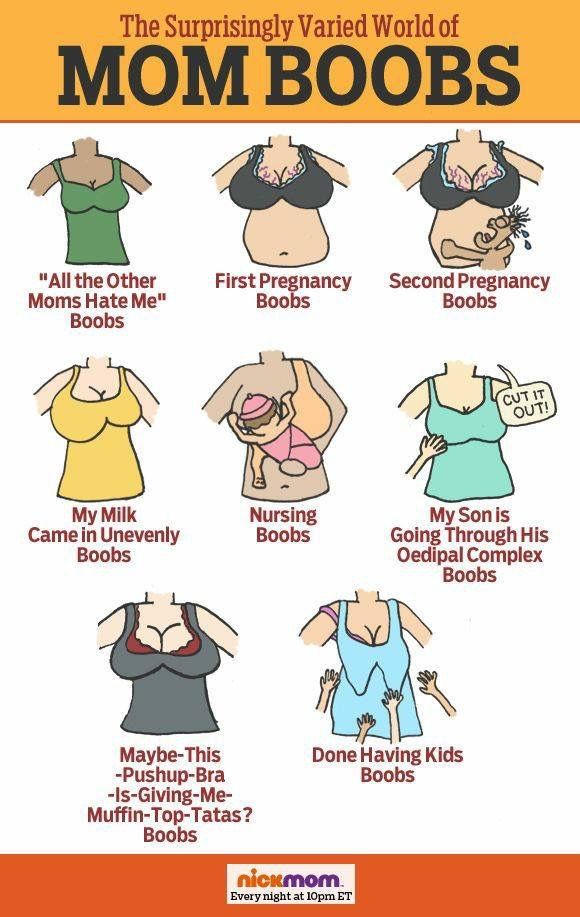 nine0003
nine0003
Given the danger of the teratogenic effect of hypervitaminosis on the fetal body, it is recommended to refrain from the use of chemical vitamins and nutritional supplements in the first 12 weeks of pregnancy. However, with the development of early anemia in pregnant women, it is possible to recommend the use of nutritional mixtures in the form of a drink for 2-3 weeks.
With gestosis in the first half of pregnancy (nausea, vomiting), the appetite of women decreases, and food intake is significantly limited. Under these conditions, as an additional source of providing the mother and fetus with the necessary nutrients, it is recommended to use a nutrient mixture in the form of a drink of 100 ml per hour in small sips. It is necessary to pay attention to adequate replenishment of fluid and mineral salt losses. A woman should consume at least 1.5–2 liters of fluid daily. nine0003
With indomitable, repeated vomiting in a hospital, parenteral nutrition (aminoplasmal, lipofundin, glucose) is possible for 2-5 days. With the complete cessation of the effects of early preeclampsia, the pregnant woman begins to receive normal nutrition.
With the complete cessation of the effects of early preeclampsia, the pregnant woman begins to receive normal nutrition.
Thus, the rational nutrition of pregnant and lactating women includes providing the body of the mother, fetus and child with all the necessary nutrients (proteins, fats, carbohydrates, macro- and microelements, vitamins). Nutrient deficiencies at certain stages of intrauterine development can lead to the formation of organic pathology and even fetal death. To enrich the diet of pregnant and lactating women, vitamin and mineral complexes and balanced nutrient mixtures are used. The use of the latter is more preferable due to the presence in their composition of all essential amino acids, fatty acids, macro- and microelements, as well as vitamins, fetal growth factors. nine0003
Murashko reminded pregnant women and lactating about the importance of vaccination Murashko reminded pregnant women and lactating about the importance of vaccination - Russian newspaper
Fresh number
RG -weekend
Rodina
thematic applications
Union
30. 10.2021 16: 53
10.2021 16: 53
Rubric:
Society
Irina Nevinnaya
Pregnant women in this wave of the pandemic get sick more often and more severely, the reason for this is the "delta" strain. Therefore, now it is especially important to protect yourself and your unborn child by vaccination, said the head of the Russian Ministry of Health Mikhail Murashko during a working trip to Vladimir. nine0003
“Pregnant women are allowed to be vaccinated after 22 weeks of pregnancy,” the minister reminded. “The Federal Center for Obstetrics and Gynecology is collecting data from all regions today on how many women have been vaccinated. with mechanical ventilation, which I talked about, can be avoided, because the antibodies that are formed in the expectant mother after vaccination protect the child as well.
He also reminded that restrictions on vaccination of breastfeeding women have been lifted. “This is a very important decision. When a mother feeds a child, she is in close contact with him, skin to skin, so the risk of infection is very high.